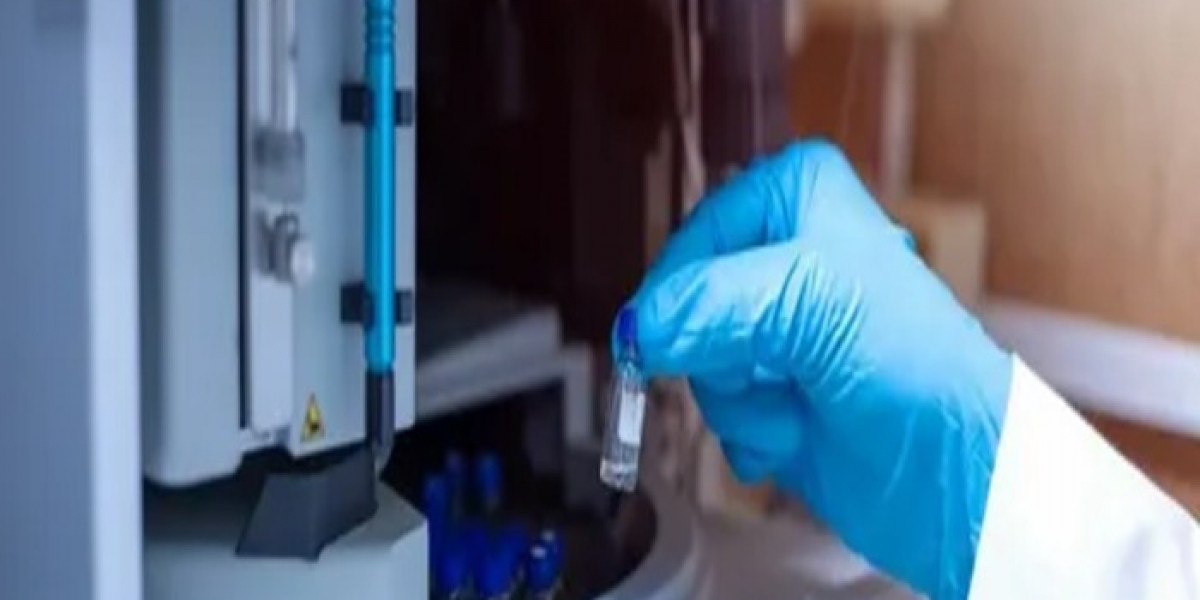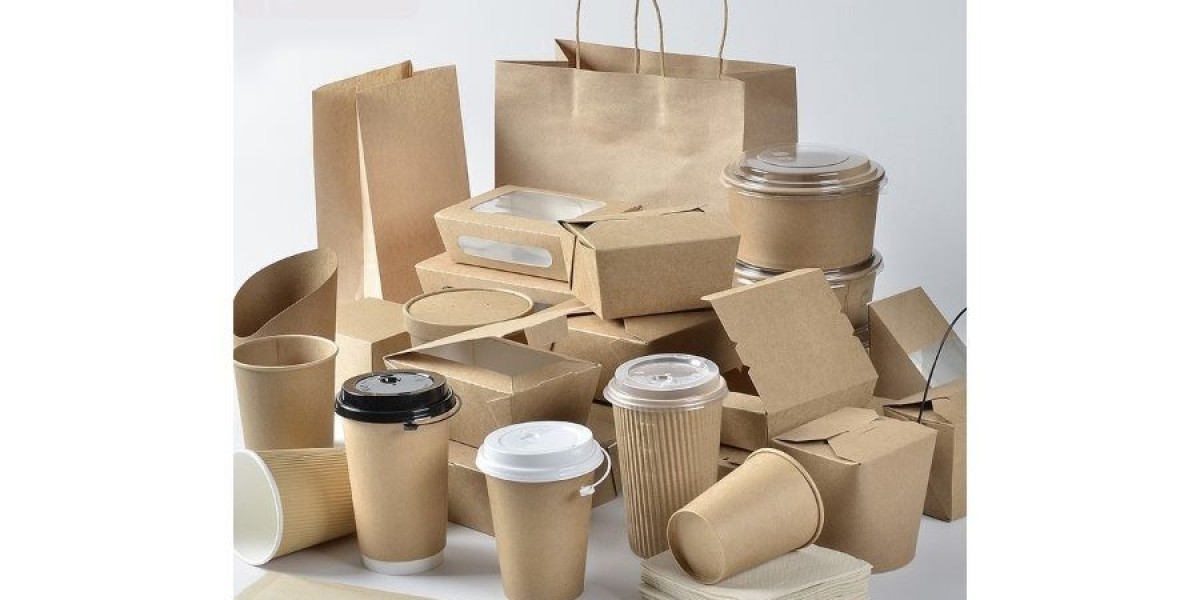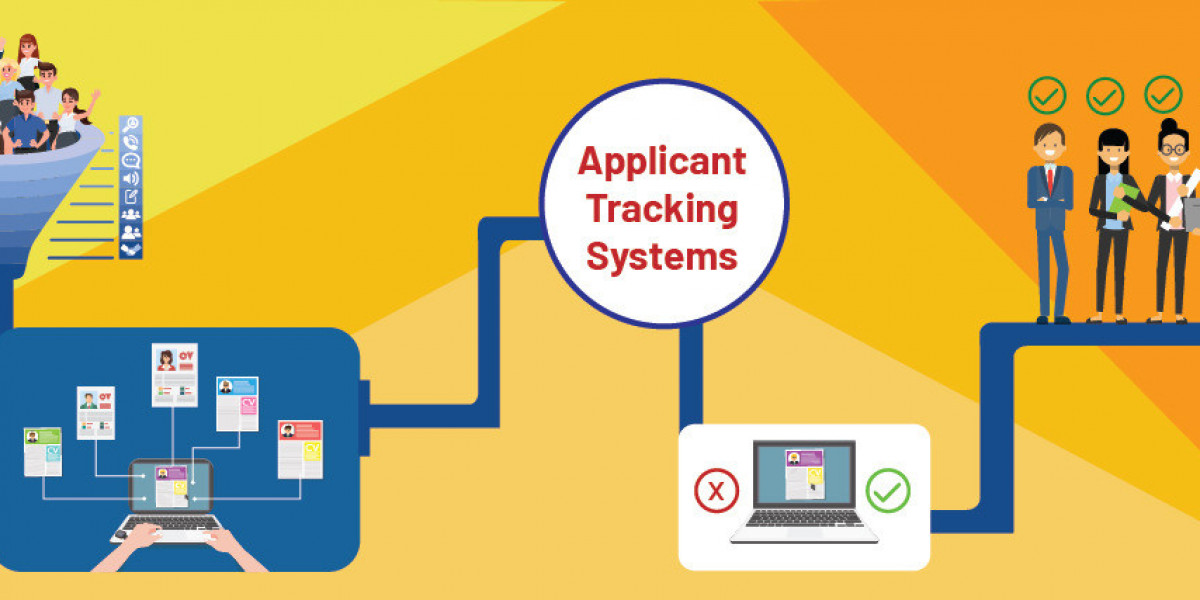What is LCMS?
Liquid chromatography–mass spectrometry (LCMS) is an analytical chemistry technique that combines the physical separation capabilities of liquid chromatography (or HPLC) with the mass analysis capabilities of mass spectrometry. LCMS is a powerful analytical tool that is used across various industries like pharmaceutical, environmental testing, food and beverage testing, and more.
LCMS Process
Liquid Chromatography Mass Spectrometry (LCMS) works by separating and analyzing mixtures of chemicals in a sample. The process involves the following main steps:
Sample Preparation
The sample is prepared for analysis by dissolving or extracting it in a solvent based on its properties. This helps the compounds separate and elute individually during chromatography.
Chromatographic Separation
The prepared sample is passed through a chromatographic column under high pressure. The column contains adsorbent material like silica or bonded alkyl chains that interact differently with different compounds in the mobile liquid phase. This allows the various components in the sample to separate as they pass through the column at different retention times based on their interactions.
Ionization
The column eluent containing the separated compounds is fed into a mass spectrometer for analysis. In the ion source of the mass spectrometer, the compounds are first converted to gas-phase ions using an ionization technique like electrospray ionization (ESI) or atmospheric pressure chemical ionization (APCI).
Mass Analysis and Detection
The ionized samples are passed into the mass analyzer which separates the ions based on their mass-to-charge ratios. Common mass analyzers used are quadrupoles, ion traps or time-of-flight instruments. The detected ions are then converted into mass spectra that provide structural information.
Data Analysis
The liquid chromatography mass spectrometry data containing retention times, mass spectra and ion abundances of separated components is processed by a computer system. Software helps identify compounds by matching with database spectra or theoretical fragmentation patterns. Quantitative and qualitative analysis of samples is done.
Applications of LCMS
Pharmaceutical Analysis
Liquid chromatography mass spectrometry finds extensive application in the pharmaceutical industry for drug discovery, quality control, and impurity testing during development and manufacturing. It is used to analyze drug metabolites, perform stability-indicating studies, and identify degradation products accurately.
Metabolomics and Proteomics
Metabolomics analyzes low molecular weight metabolites in biological samples to study metabolic pathways. LCMS plays a key role due to its high sensitivity, separation power and ability to identify diverse metabolite classes simultaneously. Similarly, LCMS-based proteomics aids in protein identification and characterization.
Environmental Analysis
Detection of pesticides, herbicides and industrial pollutants in water, soil, air and waste samples is done using LCMS. It offers low detection limits for trace analysis of contaminants and their transformation byproducts in the environment.
Food and Beverage Testing
Liquid chromatography mass spectrometry helps perform residue analysis of food additives, toxins, allergens and other chemical contaminants in edible products to ensure safety and regulatory compliance. Authentication of food ingredients, traceability of adulteration and quality control are key applications.
Forensic Toxicology
Forensic toxicological drug screening and testing relying on LCMS is an important tool. It is utilized for pharmaceutical and drug analysis in biological fluids like blood, urine and tissues for evidentiary purposes in criminal investigations and autopsy.
Advantages of LCMS
High Sensitivity and Selectivity
LCMS provides excellent sensitivity to detect analytes at trace levels down to picogram or even femtogram quantities depending on compound properties. The combination of two separation stages also offers very high selectivity to analyze complex samples.
Wide Dynamic Linear Range
Quantitative analysis by liquid chromatography mass spectrometry covers a wide linear dynamic range of 4-5 orders of magnitude allowing quantification of analytes present in both low picogram and milligram per liter levels in a single analysis.
Structural Information
Obtaining molecular mass data as well as structural fragmentation patterns using MS/MS assists in identification of unknown compounds and metabolites through database searching or comparison with reference standards.
Versatile Ionization Methods
Soft ionization techniques like ESI and APCI facilitate analysis of thermolabile compounds without decomposition. They also enable direct infusion of larger biomolecules for analysis.
High Throughput and Automation
Modern LCMS systems are designed to perform rapid sequential injections allowing high sample throughput of 100-1000 samples per day. Automation streamlines workflows for routine analysis.
Applications continue to grow as liquid chromatography mass spectrometry technology evolves providing ever more sensitive, selective and versatile means of analyzing trace organic compounds and large biomolecules across various domains of science, medicine, food safety, environment and more. Its role as an indispensable analytical platform will only become more significant in the years to come.
For Deeper Insights, Find the Report in the Language that You want.
About Author:
Vaagisha brings over three years of expertise as a content editor in the market research domain. Originally a creative writer, she discovered her passion for editing, combining her flair for writing with a meticulous eye for detail. Her ability to craft and refine compelling content makes her an invaluable asset in delivering polished and engaging write-ups.
(LinkedIn: https://www.linkedin.com/in/vaagisha-singh-8080b91)









